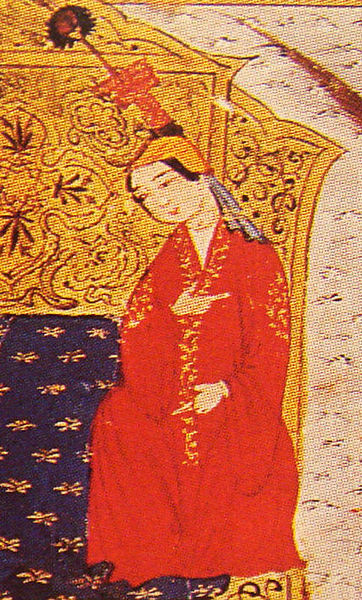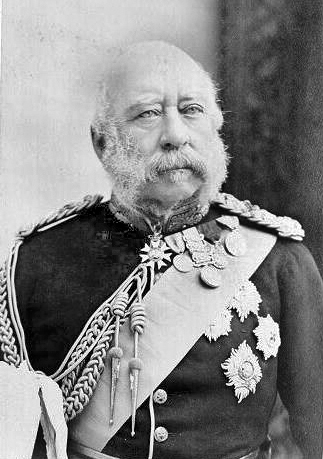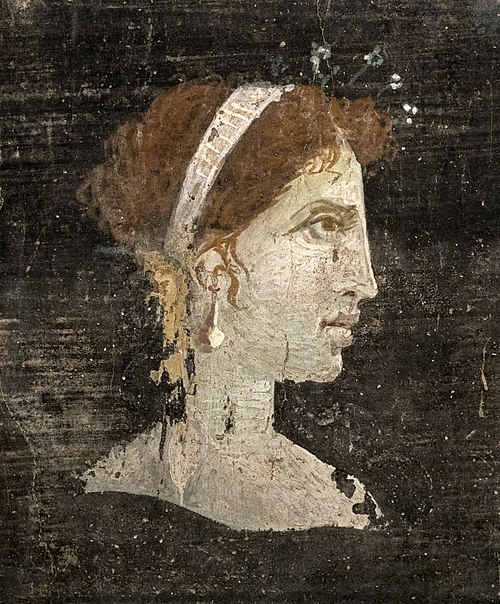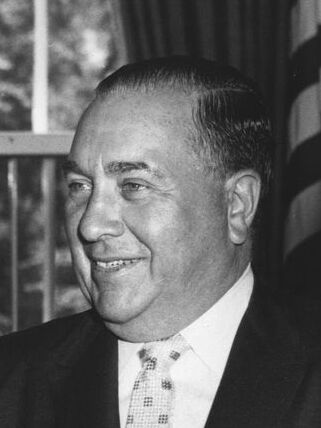
STILL GOING STRONG
May 24, 1437
London
King Henry VI, all smiles, presided over the festivities today, marking the one hundredth anniversary of the beginning of the war against France.
The king, in a festive mood, addressed a throne of dignitaries on the lawn of his palace, reminding them that this war has been waged for the glory of England, and for his family tradition.
He told the notables that he is keenly aware of the tradition of his father and all the other kings who fought so hard to keep this war going. He thanked his father, his grandfather, his great-uncle, and his great-great-grandfather, for fighting and winning so many battles- but not winning enough to actually end the war.
He also thanked the French for being such good losers, and for continuing to fight on, allowing the war to be prolonged to one hundred years.
Henry’s party was a rousing success. Great applause broke out when he officially named the war: the One Hundred Years’ War!
Some wag in the crowd then shouted out, “Let’s do one hundred more!”
Henry nodded and said, “I’d better get busy having sons and grandsons.”
But seriously…
July 10, 2025
Henry VI was the king who got no respect.
He was the king who lost the Hundred Years’ War.
The war, which actually lasted 116 years (from 1337-1453), was an epic struggle between two great rivals, England and France. It began with a great English warrior-king, Edward III, claiming the crown of France, and was a one-sided affair. England won battle after battle, including three epic fights that were so magnificent, they became part of the English identity- Crecy, Poitiers, and Agincourt.
Agincourt was won by Henry V, and appeared to be the final nail in the French coffin. It resulted in Henry V achieving what Edward III had sought to achieve: he was acknowledged as king of France as well as England. England had won, and would unite both countries under one monarch.
(Agincourt was the battle that Shakespeare immortalized with the greatest pep talk ever:
“We few, we happy few, we band of brothers.”
The Bard wrote three plays named after Henry VI, and in all three, the protagonist is someone other than Henry. The most memorable line from the Henry VI plays is
“The first thing we do, let’s kill all the lawyers.”
Spoken by one of the rebels seeking to overthrow Henry’s government. It was inspired by the rebellion of Jack Cade, who was able to take over the city of London for a few days, forcing the king to flee for his life.
No respect.)
Political Football
So everything looked great for the English. Then, as Henry V was doing a victory lap, he died, possibly of dysentery.
The future Henry VI was just nine months old.
The French began to rethink their capitulation. Suddenly, the war was back on.
Then came a great military victory, this time for the French. Joan of Arc single-handedly gave new life to the dispirited French. With newfound confidence, they crowned Charles VII king of France on July 18, 1429.
The English had been beaten by a girl.
They responded by crowning Henry king of England in November, at Westminster Abbey. He was now seven years old.
Two years later he was crowned king of France, in Paris.
Little Henry was a political football. Even as he grew to manhood, he would be a pious onlooker rather than a warrior-king, as the dream of adding France to the English realm slipped away.
The Hundred Years’ War ended in 1453, with England on the losing side. Henry didn’t take the field for a great battle, as his father had done at Agincourt. Characteristically, he did something less dramatic.
He quietly went insane.
He came to himself four months later. Just as well. He would need his wits about him, because he had a lot more losing to do.
Hostage
It’s been said that Henry was the only king of England to have been twice crowned, twice deposed, and twice buried.
We could add that he also has the distinction of twice losing a war (first the Hundred Years’ War, then the Wars of the Roses), and four times being captured.
He was more valuable as a hostage than as a sovereign.
After being captured the fourth time, he was imprisoned in the Tower of London, and finally killed, likely on the orders of Richard Duke of Glouster. (Richard would become famous for killing the Princes in the Tower, allowing him to be crowned Richard III. Even in death Henry was overshadowed, this time by two boys.)
Martyr
He just couldn’t do anything right as king but in death he became a martyr. Not for anything he had done, but for what had been done to him.
His burial place in Windsor Castle became a pilgrimage site, and 174 miracles were attributed to him, after his death, including the healing of eleven people, in 1488, afflicted with the Plague.
He had always been a saintly man, and now, finally, he was being recognized for something good. A victory at last.
His successors, Henry VII and Henry VIII, wanted to have him declared a saint. In a final indignity, their efforts came to nothing.
Henry VII dropped his appeal to have his predecessor canonized because (being a world-class miser) the fee was too high for him.
Henry VIII picked up the case, but got caught up in his famous feud with the pope.
Once again, Henry VI was forgotten.
No respect.
Sources
The Plantagenets: The Warrior Kings and Queens Who Made England, Dan Jones
Shakespeare’s English Kings, Peter Saccio
Medieval Panorama, G. G. Coulton
The Miracles of Henry VI, R. A. Knox and Shane Leslie





